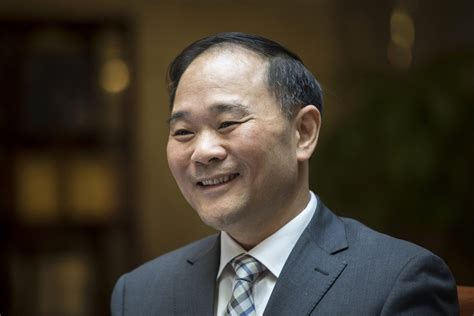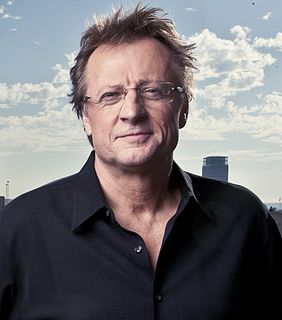A Quote by Hilary Mason
To gain the competitive edge, companies must master the ability to innovate.
Related Quotes
Competitiveness is defined as the ability of companies to compete while maintaining or improving the average standard of living. If you are cutting wages to become more competitive, that's not really more competitive. It's raising the skill and the efficiency of those workers so that they can support and sustain that higher wage.
There are companies that are good at improving what they're already doing. There are companies that are good at extending what they're doing. And finally there are companies that are good at innovation. Every large company has to be able to do all three - improve, extend, and innovate - simultaneously.
The reason we have so much talent in Silicon Valley building and investing in for-profit technology companies is that markets richly reward successful ideas, no matter who invents them. But to remain competitive in a free market, companies must exercise discipline to meet quantitative goals and eventually become cashflow positive.
I think people who want to use genetic technologies to gain a competitive edge for their children are engaging in a kind of overreaching that could really undermine our appreciation of children as gifts for which we should be grateful and, instead, to view them as products or instruments that are there to be molded and directed.
Firms gain comparative advantage from how good their people are. Retaining and attracting talent is a key point of competitive advantage in the global economy. We are seeing that play out, and there are implications for Australia, too. The idea that companies now compete on who can pay their workers the lowest - that's all changing.




































